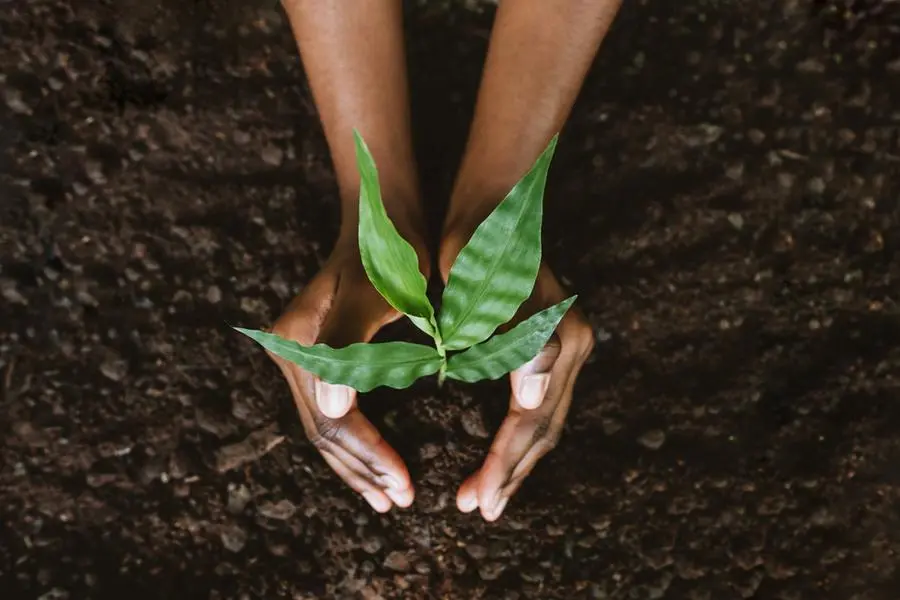PHOTO
The Abu Dhabi Agriculture and Food Safety Authority (ADAFSA) has affirmed its commitment to reducing food loss and waste (FLW) across the Emirate of Abu Dhabi. This is part of the Food Loss and Waste Reduction Strategy launched last year, along with the accompanying awareness campaign "Together Blessings Last". The strategy aims to encourage positive behaviour among all segments of society to reduce FLW.
This FLW strategy is part of efforts to achieve the objectives of the UAE National Food Security Strategy, which aims to reduce FLW by 50 percent by 2030, in line with the UN Sustainable Development Goal on responsible production and consumption.
The strategy includes many initiatives and programmes, foremost of which is the awareness campaign under the theme "Together Blessings Last" aimed at changing behaviour regarding food production and consumption from farm to table, and implementing training programmes for workers in food agricultural establishments. Additionally, it includes awareness campaigns targeting various segments of society, urging them to rationalise consumption and reduce waste to ensure food security sustainability, as good practices in handling food help to reduce food spoilage, which is one of the most important causes of FLW throughout the food chain.
Additionally, ADAFSA has launched several initiatives, programmes and awareness campaigns to reduce FLW, starting with food production and consumption from farm to fork. In the area of animal wealth, ADAFSA launched the Fodder Market Programme, which is linked to production based on livestock ownership indicators. This programme has resulted in a significant reduction in food waste and optimal use of production inputs. The programme also introduced a new feed composition for ruminants of 50 percent concentrates and 50 percent forage. This reduces the FLW of feed and provides a good economic and production return for farmers.
ADAFSA has also launched the Innovative Solution for Broiler Feeding initiative, which aims to reduce feed costs and manage feed programmes to achieve food sustainability and food security. Animal feed is the biggest constraint to livestock development and high production and import costs.
In addition, ADAFSA works with strategic partners such as the Department of Municipalities and Transport and charitable organisations such as the Red Crescent and the Bin Ham Foundation to ensure the safe and healthy disposal of brucellosis-infected animals. This is done by slaughtering them in approved slaughterhouses, following heat treatment procedures and using their meat. This has helped to strengthen biosecurity in the emirate, ensure human and animal safety, and benefit charitable organisations by using the meat from the slaughtered animals.
In the agricultural sector, ADAFSA has issued 36 guidelines for maintaining fruit quality after harvest, covering 41 crops. It has also conducted numerous awareness workshops for farmers on the importance of following proper post-harvest practices. In addition, more than 1,500 farms have obtained the Abu Dhabi Good Agricultural Practices (AD GAP) certificate, which is the local version of the Global Good Agricultural Practices programme. This programme is based on global best practices that ensure product quality and safety, improve the efficiency of fertiliser, pesticide and water use, and provide a good opportunity to market local produce that meets the best international food safety standards. ADAFSA also educates farmers on proper practices to reduce production losses through field visits and training in the Emirate of Abu Dhabi.
Additionally, the Authority is keen to adopt and enable modern technologies and practices in crop production. Key initiatives include the transition to climate-smart practices, the Advanced Agriculture 4.0 programme, and post-harvest procedures and techniques.





















